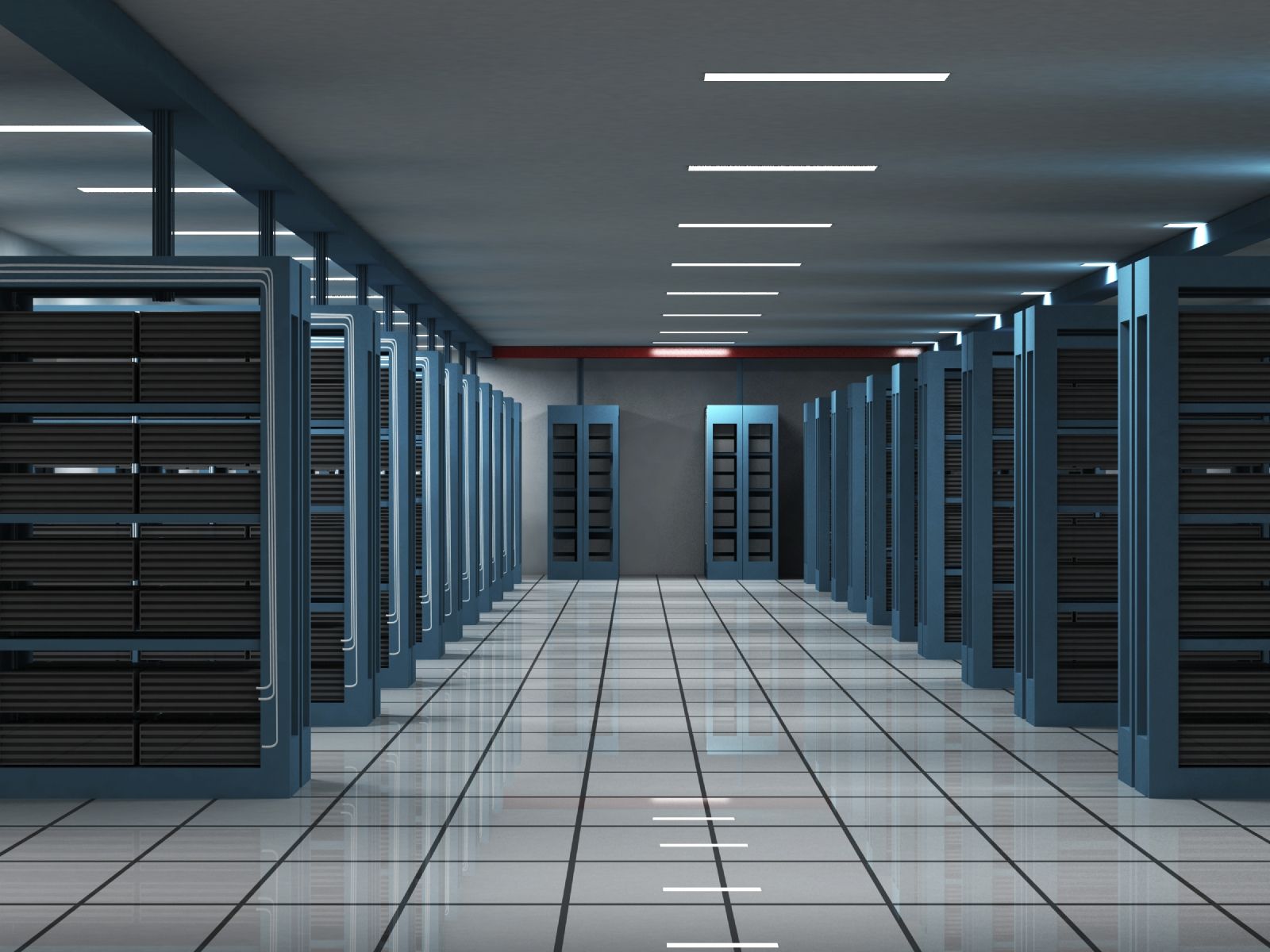As a business owner or manager, your #1 priority should be the protection of your data and your business. You don’t have to be a victim of cybercrime to feel the negative effects of security breaches. Think of all the time and energy you invest in maintaining a good relationship with your customers, only to have them throw tantrums because their credit card numbers have been compromised or their personal information sold on the black market.
You’re on the front lines of the war against cybercrime. It’s up to you to adapt and innovate, and keep your team together even when times are tough. This article will advise you on how to tackle these issues with the least amount of disruption.
1. Do you encrypt your backups?
If your computer’s hard drive were to malfunction and you need to restore your data from a backup, would you be able to do so? Would you have to spend hours trying to figure out the right passwords, or would the encryption key be sitting on a printed page next to the device?
Encryption is the process of securing confidential information stored on devices or in the cloud. Data that is encrypted cannot be accessed by any individual or group who lacks the appropriate authority. This is also known as confidentiality, integrity, and availability protection.
Backups are an important pillar in your data strategy. They enable you to recover your computer system in case of hardware failure, unintentional damage, or natural disasters. Also, they help you prepare for any eventualities that might arise with regards to your information.
2. What type of wireless access do you have?
Wireless access is the ability to connect to a network resource (e.g., the Internet) wirelessly through a mobile device. In simpler terms, it’s the ability to connect to the Internet whenever you want, wherever you are.
Your choice of wireless access method is very dependent on your location. For instance, you might have a choice of either Wi-Fi or cellular data (3G, 4G, etc.) to reach the Internet. If you’re in a country where your carrier offers LTE, you’ll be able to connect to the network easily and you won’t even need to think about wireless access.
If you’re outside of a country where your carrier offers these types of connections, then you’ll have to deal with more traditional options such as Wi-Fi or hotspot logins. In any case, keep in mind that the security of your data is greatly reliant on your chosen wireless access method.
3. What software do you use for antivirus, antispam, and anti-malware?
Antivirus, antispam, and anti-malware software are all designed to protect your computer system from harm. These applications scan files for malicious code (e.g., viruses, trojans, malicious scripts, etc.) and block these threats before they can do any damage. A good antivirus software should be able to detect and remove malicious software with minimal disruption to your daily workflow.
This type of software protects you from threats such as hackers trying to gain unauthorized access to your computer system, cybercriminals trying to damage your data, and spammers trying to trick you into thinking they are someone else.
You should install and run these types of applications regularly, especially if you work with digital files (e.g., PDFs, Microsoft Office files) that could be at risk of infection. Regular updates are also critical so make sure that your software is always up to date.
4. Do you have a disaster recovery plan?
A disaster recovery plan is a business’s response to unexpected events that might disrupt their day-to-day operations. For example, if your computer system were to malfunction and you needed to restore all your data from a backup, a disaster recovery plan would help you navigate this complex process with the least amount of stress. You can also use this as an opportunity to try out new technologies and processes that will make your business more efficient.
This plan should include the different types of disasters that might occur in your business (i.e., fire, theft, flood, etc.), as well as what you will do in order to recover from these events. For instance, will you rebuild your computer system from scratch, or will you try out a new device or software that will do the same job without the need for a full reboot?
Depending on how vital your business is to the livelihood of your employees, you might have to consider the financial impact of a disaster. Will you be able to pay your bills, or will you have to shut down? These are just some of the questions that you might need to ask yourself before putting a serious plan in place. Remember, though, that the security of your data is the number one priority, and you should always put your employees’ needs first.
